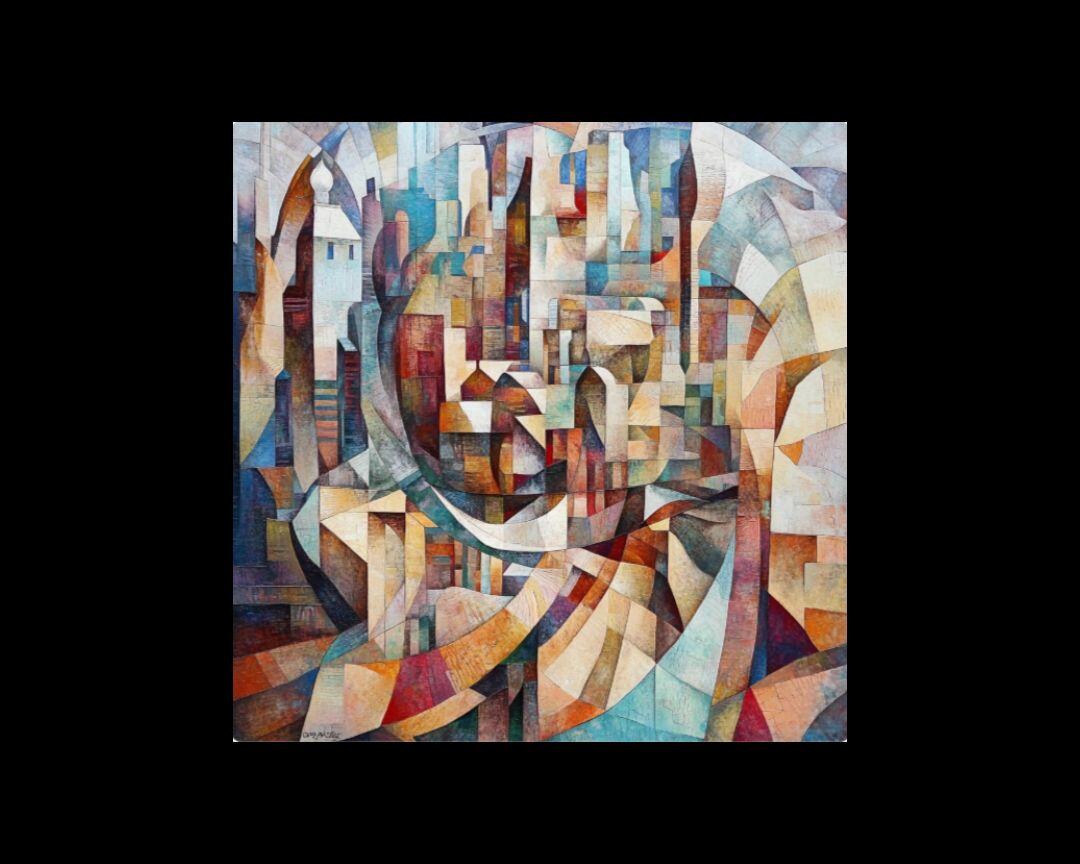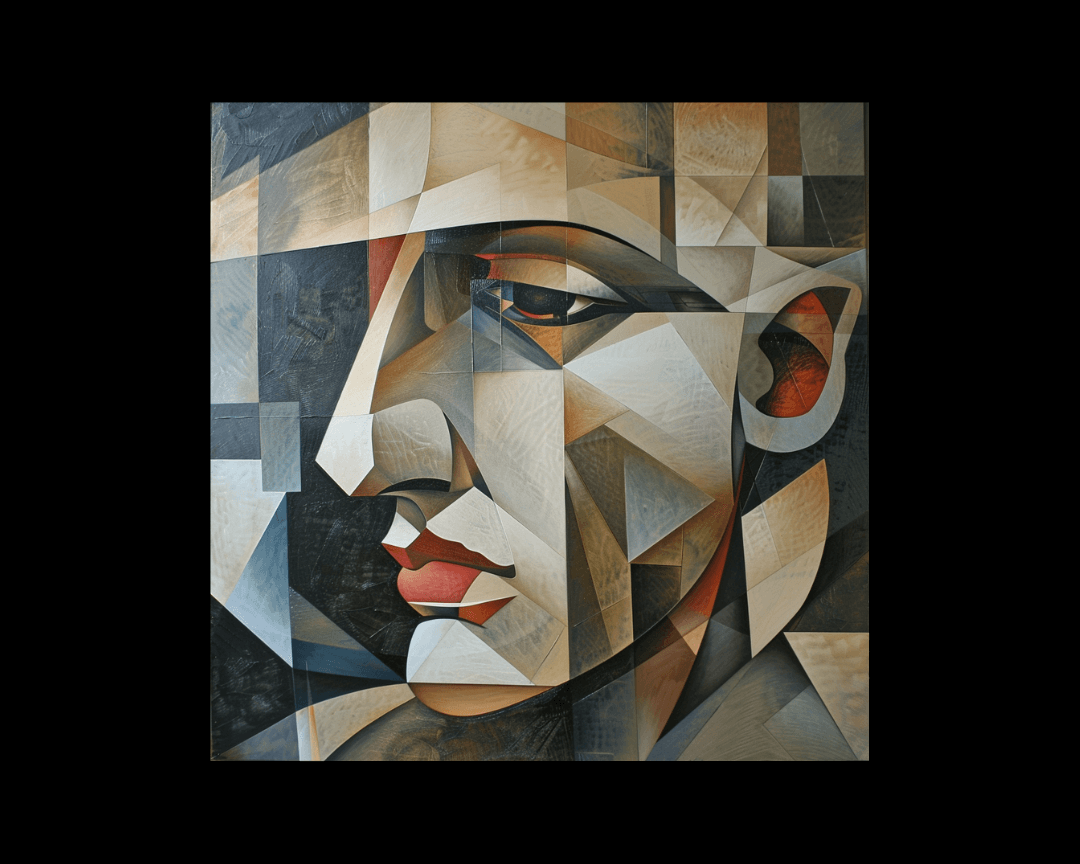DuckDuckGo SEO: Optimizing for Privacy-Focused Search
In an era of increasing data privacy concerns, DuckDuckGo has emerged as a beacon for users seeking a more secure online experience. Founded in 2008...

Ever wonder why your perfectly curated product images get less traffic than that blurry photo your competitor took with a potato? Welcome to the wild world of visual search, where computer vision algorithms are the new SEO keywords. (And yes, they might be just as picky as your Instagram followers.)
Remember when SEO was just about stuffing keywords into meta tags? (If you're too young to remember this, congratulations – you missed the digital equivalent of the awkward teenage years.) Today's visual search is like having a hyper-detailed personal shopper who can find anything from a "mid-century modern teal armchair with walnut legs" to "that shirt Taylor Swift wore but in burgundy."
Your current image optimization probably looks something like this:
alt="blue dress"
title="women's blue dress"/>That's cute. Really. It's also about as effective as trying to explain TikTok to your grandparents.
Modern visual search engines don't just read your alt tags – they actually see your images. Like, really see them. Here's what they're looking at:
Let's get our hands dirty with some real code. First, meet your new friends – the major Computer Vision APIs:
from google.cloud import vision
def analyze_image(image_path):
client = vision.ImageAnnotatorClient()
with open(image_path, 'rb') as image_file:
content = image_file.read()
image = vision.Image(content=content)
response = client.label_detection(image=image)
return [label.description for label in response.label_annotations]
# Now you're speaking robot!Here's your new image optimization workflow (AKA "How to Make Robots Love Your Pictures"):
# Get basic computer vision analysis
labels = analyze_image(image_url)
# Get color analysis
colors = analyze_colors(image_url)
# Get object detection
objects = detect_objects(image_url)
return {
'labels': labels,
'colors': colors,
'objects': objects,
'confidence_scores': confidence_scores
} # Generate rich alt text
alt_text = generate_alt_text(image_data)
# Create structured data
schema = generate_schema_markup(image_data)
# Build semantic HTML
html = generate_semantic_html(image_data)
return {
'alt_text': alt_text,
'schema': schema,
'html': html
}Here's how to implement this without making your website slower than a tortoise in molasses:
async def bulk_process_images(image_urls):
tasks = [process_single_image(url) for url in image_urls]
return await asyncio.gather(*tasks)@cache_decorator(timeout=86400) # 24 hours
def get_cached_analysis(image_hash):
return stored_analysis.get(image_hash)Here's what happened when we implemented this for a client:
# Don't do this
image.save('tiny.jpg', quality=5) # Why do you hate your users?
# Do this
image.save('perfect.jpg', quality=85, optimize=True) # Chef's kiss{
"@context": "https://schema.org/",
"@type": "Product",
"name": "Vintage Inspired Cocktail Dress",
"color": "Ruby Red",
"material": "Silk Blend",
"occasion": ["Cocktail Party", "Evening Event"]
}def image_audit(url):
issues = []
if not has_alt_text(url):
issues.append("Missing alt text")
if not has_structured_data(url):
issues.append("Missing structured data")
if image_too_large(url):
issues.append("Image needs optimization")
return issuesTrack these metrics:
Coming soon to a search engine near you:
Visual search optimization is no longer optional – it's as essential as having a mobile-friendly website was in 2015. Or as essential as explaining to your clients why their logo can't be "just a tiny bit bigger" for the fifteenth time.
Remember:
Now go forth and make your images as searchable as your ex's social media profiles.
(P.S. If anyone asks why you're spending so much time on image optimization, just show them the traffic graphs. Works better than any explanation involving the words "computer vision algorithm.")
-2.png)
In an era of increasing data privacy concerns, DuckDuckGo has emerged as a beacon for users seeking a more secure online experience. Founded in 2008...

Mastering localized SERPs (Search Engine Results Pages) through well-optimized service area pages has become essential for businesses targeting...

Search engine optimization (SEO) constantly changes. That’s why it’s so important for businesses and websites to stay ahead of the curve if they want...